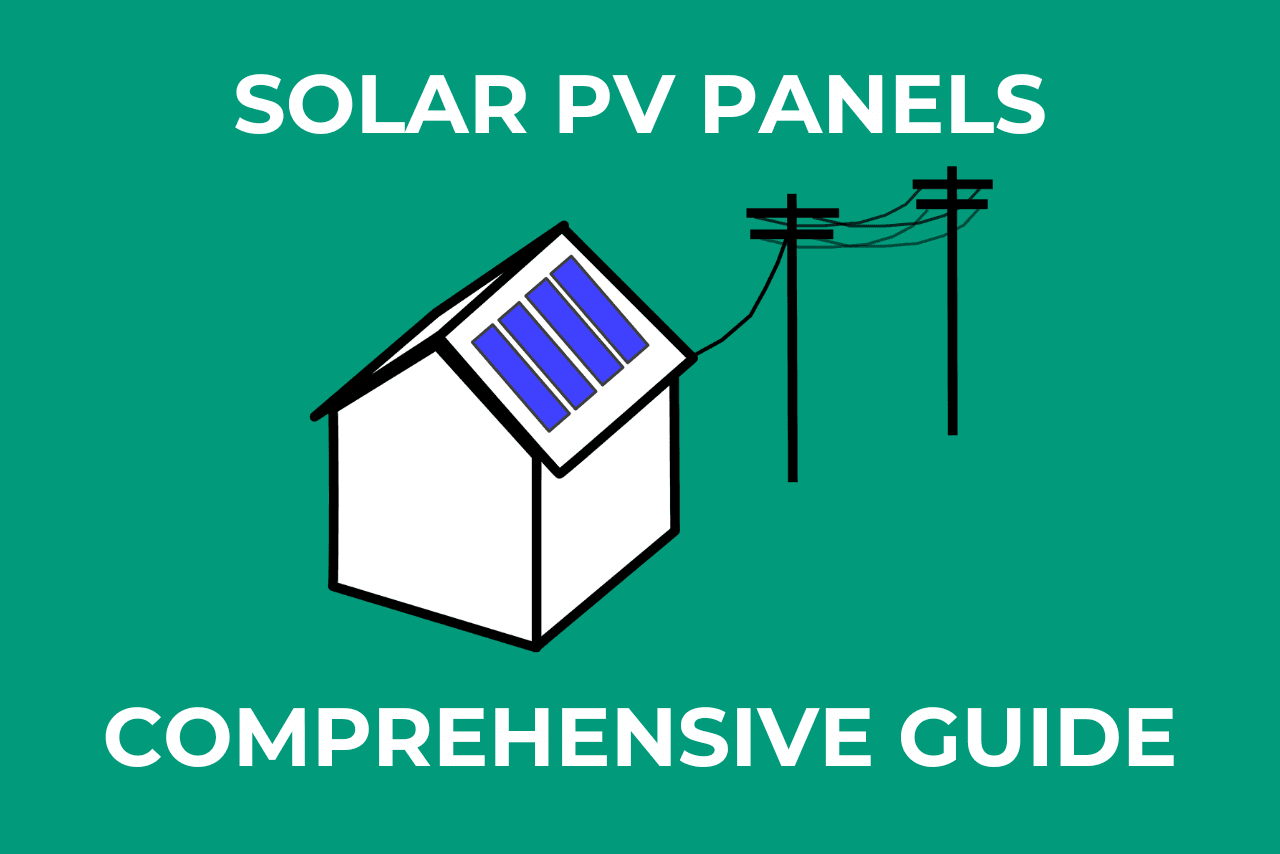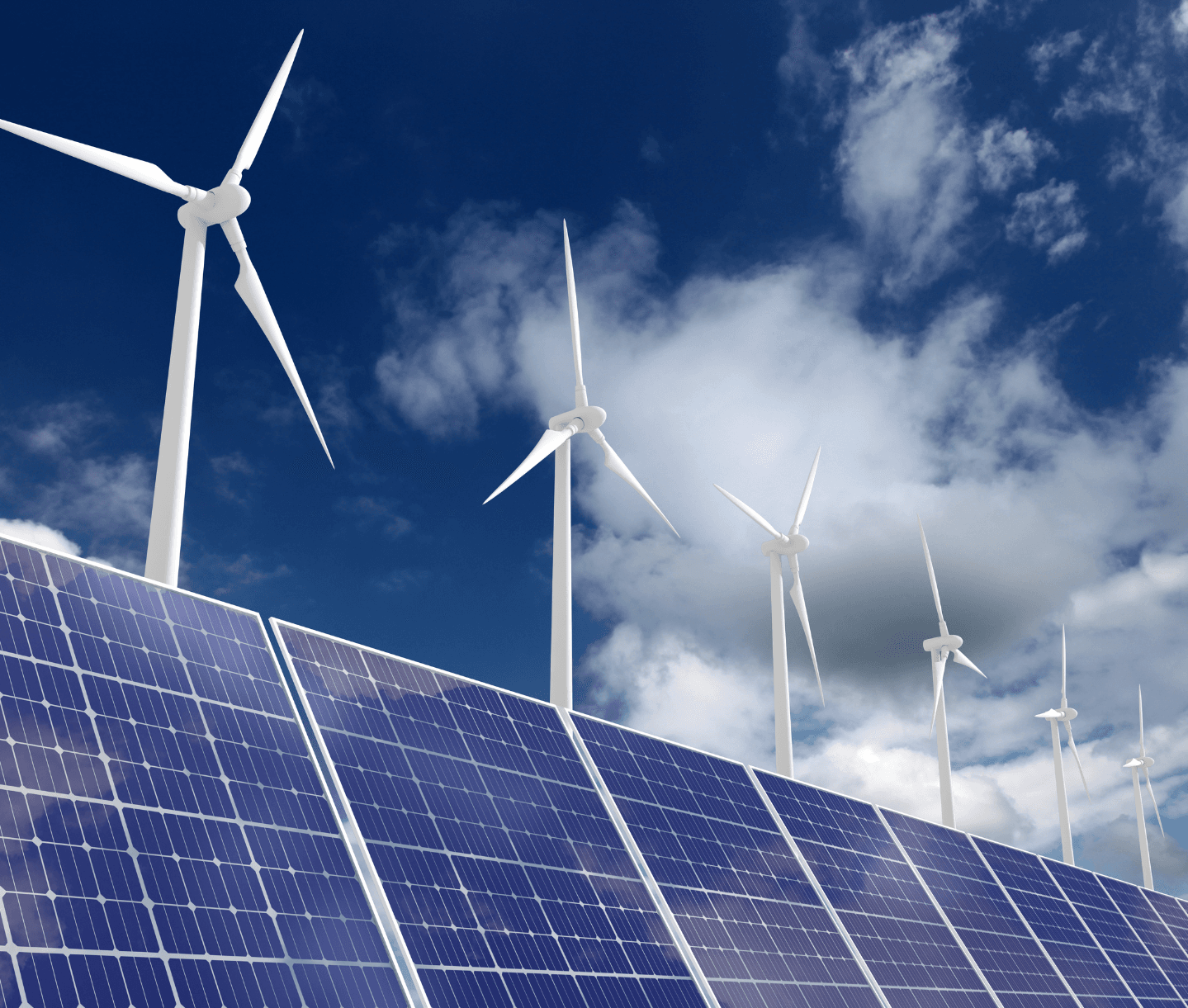In a world where we're all thinking more about the environment and our wallets, solar power is a fantastic way to save energy and do our bit for the planet. If you're curious about how those shiny panels on roofs actually work, or if you're considering making the switch to solar, you've come to the right place!
This guide is your go-to companion for demystifying solar power. From understanding the basics of solar panels to figuring out how much you could save on your energy bills, we're here to break it all down for you. Whether you're a total newbie or a seasoned green energy enthusiast, we've got you covered.
So, grab a cuppa, sit back, and let's dive into the sunny world of solar power. By the end of this guide, you'll be well-equipped to make informed decisions about whether solar is right for you and your home.
Let's get started on this sunny adventure together – after all, the sun's energy is free, so why not make the most of it?
How Does Solar PV Work?
If you're just starting your learning journey, we recommend you start with our 'How Do Solar Panel Work' article, which helps those new to the technology learn the basics.
When light hits the solar panels, it travels through the unit and creates electricity. This energy is then converted from DC to AC power via an inverter installed in your home.
Solar-generated electricity can either replace your grid power in the home to supply your appliances, be sold to your energy provider, or be stored in a home battery for use at a later time.
Since we have seasons in the UK, the solar panels will produce different amounts of electricity depending on the time of year, which will affect both the amount you generate and the amount you require from your utility provider.
Because there are no moving parts in a solar panel, they will still be generating free electricity for over 25 years.
How Do Solar Panels Reduce My Bills?
Every time you generate a kW of electricity from your system, you are buying one less kW from your energy provider.
It can get a little complicated if you are also installing battery systems, heat pumps, and car chargers. However, one simple way to understand this is by imagining you have a small power station on your roof that is green, safe, and able to generate your free electricity daily.
You can turbocharge your savings by picking the right smart tariff to ensure you get the cheapest electricity at night and the best rate when you sell back to your provider.
How Much Can I Save?
Depending on your energy tariff, you'll probably be paying around 25p per kW.
If you generate an average of 20 kWh per day, you will be saving £150 a month.
This becomes more exciting when you add in a smart energy tariff, battery, or heat pump. When you buy a well-sized and efficient solar system, you can often meet 100% of the electricity requirements, which can reduce your bills to zero.
However, if you are someone who likes to keep things simple, then a typical home will see a 30%-50% reduction in their bills from day one.
It's better to look at savings just like a savings account. Almost all installations will give a payback period of under 10 years, which is the equivalent of getting 10% interest a year.
How Much Does It Cost?
Two factors will affect the cost: your budget and the goals you are trying to achieve.
We can often install a system for around £5,995, which will pay for itself within 5-6 years.
You might be better off investing in a larger system if you are looking to reduce your bills further, or are going to install a heat pump, battery, or car charger.
It's also important to look at the payback period and external costs to decide what system size is right for you.
How to Choose the Right System?
You should start by asking your energy company for your 12 months' electricity usage, which will also be on your monthly bills.
If you have a smart meter, this is fairly easy. However, if you are using an older meter, you just need to ensure you are using the actual meter reading, not the estimates.
Once you have the usage, you can work backward to decide what system size you need to meet your goals. You might be happy with a 30% reduction or want to be off-grid entirely.
Next, you will want to consider which products will give you the best results. If you have several different roof pitches or shading, you might need optimisers, for example.
Finally, you want to think about how your lifestyle might play a role. If you are out of the house all day, should you store that energy for later, sell it back to the grid, or opt for a small system to supply the basics in your home?
Of course, we can calculate this all for you, but it's good to understand the basics before going ahead with an installation.
Should I Also Fit a Battery System?
Battery technology has improved significantly over the last few years, and the costs have dropped by over 50% in just the last 12 months.
We fit batteries to around 70% of our solar installations, so it is often a good add-on option to your solar system.
If you are out of the home much of the daytime, choose a smart tariff, and have the budget for a battery, then this might be the perfect time to consider installing one.
For example, if you are generating more electricity than you need in the daytime or are considering a heat pump or electric vehicle, then a battery system is probably a good idea.
How Can I Get a Solar Quote or Learn Information?
You can complete our online form, call, or email the team to get a free solar quotation whenever you are ready. We can either do this remotely or visit your home for a free survey.
The quote will recommend the system that we feel is best suited to your budget and goals, often with a couple of options.
We love to hear from anyone interested in solar, even if you are not ready yet but want to learn more.


